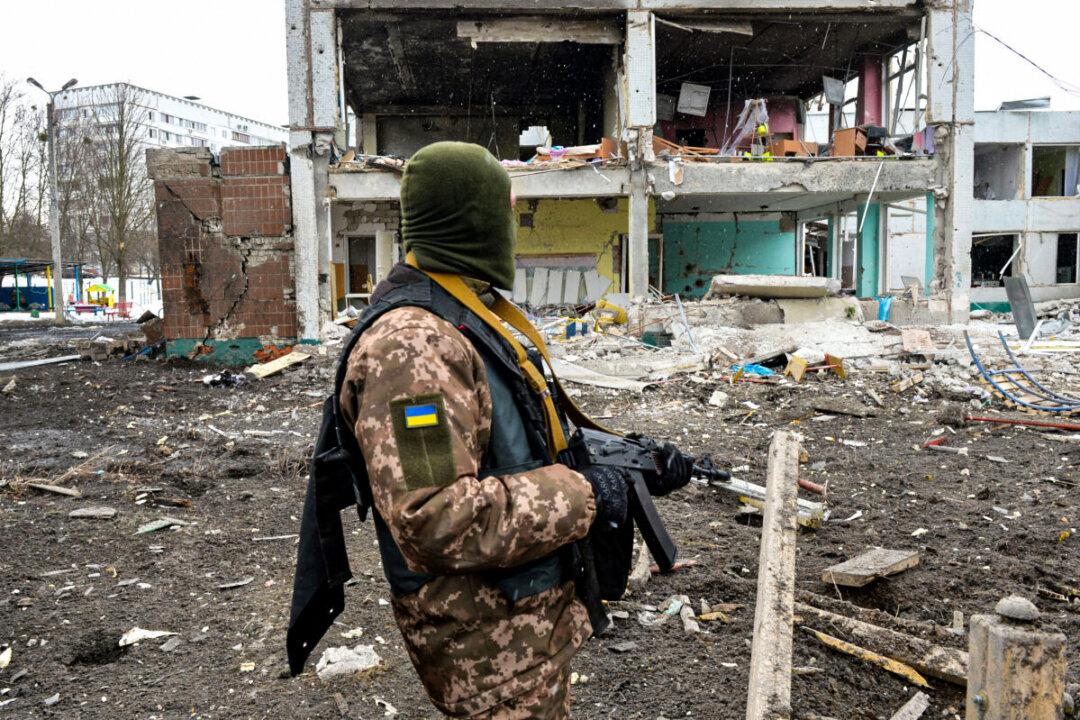Russia has revealed the outline of a possible peace deal that would put an end to the hostilities in Ukraine, with Russia’s Foreign Minister Sergei Lavrov saying a “business-like spirit” has emerged in negotiations with “concrete formulations” that he said are close to being agreed on.
Lavrov made the remarks in a Wednesday interview on Russian television channel RBC, in which he expressed “some hope” that a compromise could be reached between the warring sides.





